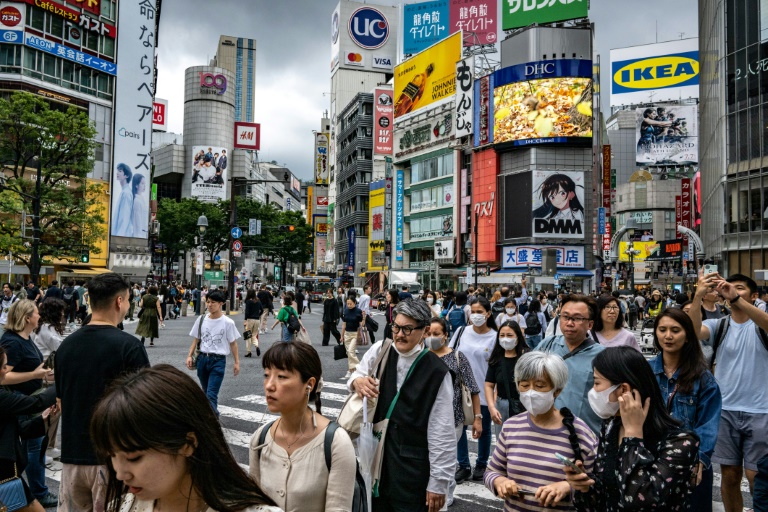
Japan’s Shift in Age of Consent Laws
Japan, a country known for its rich history and traditions, has recently undergone a significant change in its legal stance on the age of consent. For over a century, Japan had one of the world’s lowest ages of consent, which stood firmly at 13 years old. However, in a move towards bolstering child protection, this age has now been raised to 16.
A Historical Perspective
Established in 1907, the age of consent in Japan had remained unchanged for more than a century. The age threshold set at 13 years was among the world’s lowest, juxtaposed against other nations such as Britain with an age of consent at 16, France at 15, and Germany and China at 14. While the central law set the bar at 13, certain regional ordinances in Japan effectively raised the age of consent to 18 by prohibiting “lewd” acts with minors. Thus, while the statutory law might have appeared permissive, regional regulations often presented a more stringent picture. If you are curious as to why the age of consent had been 13 in Japan, hop over to this web-page.
Recent Changes in Legislation
The unanimous passing of the new bill by the parliament’s upper house not only adjusts the age of consent but also introduces other key reforms in the realm of sex crime legislation. These changes include clearer directives for rape prosecution and the criminalization of voyeurism.
A notable aspect of the new legislation is the exemption it provides for teen couples. If both partners are above 13 and their age difference does not exceed five years, they are exempt from prosecution. This provision attempts to differentiate between potentially exploitative relationships and those between individuals who are close in age.
Reactions to Previous Laws
Japan’s earlier stance on sex crimes has been controversial, leading to significant public outcry. The criminal code on sexual offenses, which saw a revision in 2017 (the first in over a century), was still viewed as lacking by many. Further fuel was added to the fire in 2019, when multiple acquittals in rape cases led to nationwide protests. The crux of the contention lay in the prosecution requirements. For a conviction, prosecutors were previously required to demonstrate that victims were incapacitated due to violence or intimidation, a stipulation many critics believed effectively blamed victims for not resisting sufficiently.
Incorporated Amendments
The freshly passed bill aims to address these concerns by providing clearer guidelines for rape prosecutions. For instance, situations where the victim is under the influence of drugs or alcohol, is frightened, or where the perpetrator exploits their social status are now included as grounds for prosecution. In a statement, a justice ministry official expressed hope that these clarifications would lead to more consistent court verdicts.
Moreover, the bill introduces the “visitation request offence”, a provision that penalizes individuals using intimidation, seduction, or monetary lures to coerce minors under 16 into meeting for sexual purposes. Offenders now risk a prison sentence of up to one year or a fine amounting to 500,000 yen ($3,500).
A Step Towards Child Protection
This recent legislative change is a significant step towards bolstering child protection in Japan. While it brings the nation in line with many of its global counterparts, it also reflects a deeper shift in societal attitudes towards the protection of minors. Only time will tell how these changes impact the justice system, but the move is undeniably progressive.



